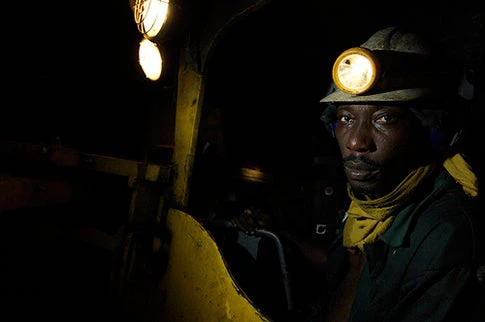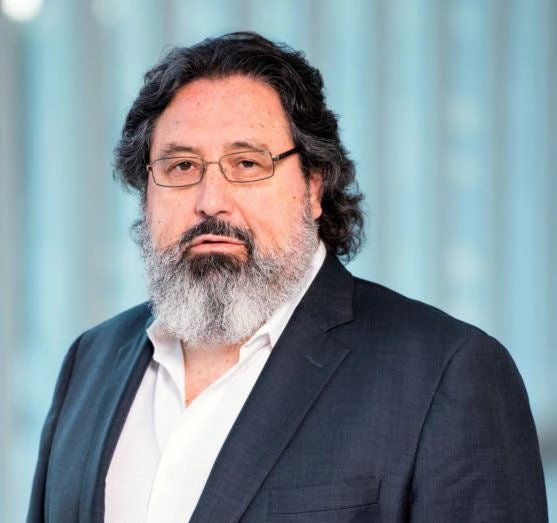This past week, I attended a couple of interesting seminars at the World Bank’s Human Development Forum on how some mineral-rich countries have been able to translate their newfound riches into sustained economic growth, improved living conditions, and better nutrition, health and education levels for their populations.
The evidence from Chile (the largest copper producer in the world), Botswana (rich in diamonds) and Malaysia (blessed with oil), highlights the strong link between inclusive political and economic institutions and development. In large measure, these institutions are anchored in well- defined and accepted moral principles that govern the conduct, relationship, and interaction among individuals and groups within society. And, as a result, governments tend to be run in accordance with the rule of law, protecting and empowering their citizens to actively participate in the political and economic life of the nation, and helping people in need.
The democratic experience of Chile since the early 1990s offers a good example of how mineral wealth has helped develop and strengthen institutional and governance arrangements, not only to mobilize additional government revenue through effective taxation policies on mining activity, but more importantly, how those increased public revenues are managed in a transparent manner in accordance with fiscal and budget laws.
Several policy changes in Chile illustrate this transition: Economic and social stabilization funds have been established to minimize the negative impact of fluctuations in copper prices on government revenues. In response to a new demographic scenario characterized by an increase in life expectancy and the growth of the senior citizen population, a Pension Reserve Fund was set up to guarantee basic solidarity pensions to those who were not able to save enough for their retirement. Investments have been made abroad to prevent the appreciation of the local currency that may undermine economic competiveness. And new mechanisms, such as program budgeting, budget execution controls, and performance management, help guide funding decisions in sectoral ministries, controlling expenditures and assessing results achieved.
Reflecting social and political aspirations to construct more inclusive societies, Chile, Botswana and Malaysia have also increased social spending that over time have helped their citizens have more equitable access to health, education and social protection systems. For example, under Malaysia’s 2006-2010 Ninth Development Plan, which recognized that “health is an important asset in the development of human capital”, the government further strengthened one of the best health systems in Southeast Asia by promoting public/private integration for service delivery.
Botswana has done an effective job in controlling the spread of the HIV/AIDS epidemic by implementing prevention interventions, increasing access to voluntary testing and counseling services, and providing antiretroviral drug treatment to more than 90% of people who need it. As documented in a recent study, Chile’s Regime of Explicit Health Guarantees, that mandates coverage by public and private health insurers of a comprehensive benefit package, has resulted in significant improvements in the early detection and treatment of chronic conditions, contributing to the high human development level achieved by the country.
Overall, the combination of sound economic policies, strong institutions and a commitment to social development in these countries has helped reduce poverty and build the human capital needed to sustain economic growth, modernize institutions and systems, enhance job opportunities, and raise living standards.
Are these experiences relevant and applicable to other countries, particularly those middle-income countries that have been enjoying a mineral boom and rapid economic growth over the past decade but continue to be plagued by high levels of poverty and inequality and low human development indicators (e.g., far from meeting the key MDG targets such as reducing maternal mortality by 75% between 1990 and 2015)?
I would say the answer is a resounding yes. But all of us working in international development need to understand that to effectively support countries in operationalizing the social aspirations and goals of governments and citizens, we need to strike a better balance between the pursuit of short-term “easy wins” or “results”, usually associated with traditional investment projects, and “medium- term engagement” approaches that are required to construct strong and effective institutions and systems.
This, in practice, implies that we need to transcend the “project mentality” and be ready to support institution- and system-building processes over the long haul, particularly by facilitating knowledge and experience sharing among countries. To do so with hope and persistence, we should be guided by Martin Luther King’s words “The arc of history is long, but it bends toward justice.”
Follow the World Bank Health Team on Twitter: @worldbankhealth
Related
Blog: The Case for Sharing Africa’s New Minerals Wealth with All Africans
Blog: Can improved health conditions contribute to long-term economic growth?
Blog: Ethics, values and health systems



Join the Conversation